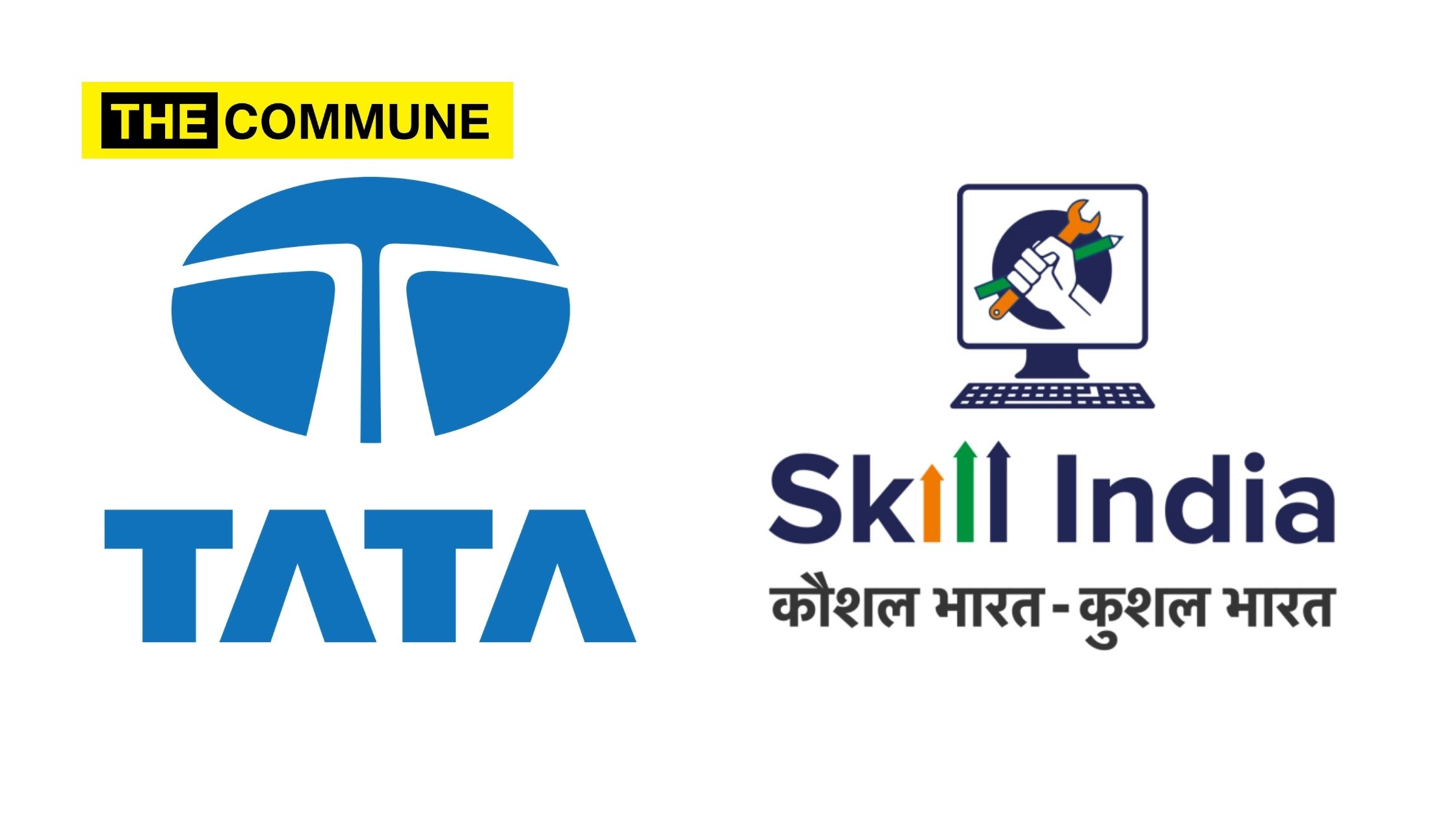
With the vision of propelling India to the forefront of skill development and job creation under Skill India Mission and to provide an impetus to Skill India programme through private sector participation, the first batch of trainings at the Tata-Indian Institute of Skills, Mumbaiwas launchedat a virtual eventtoday by Dr. MahendraNathPandey, Union Minister of Skill Development and Entrepreneurship. The institute is a joint initiative between Ministry of Skill Development & Entrepreneurship (MSDE), Government of India and Tata Indian Institute of Skills. Formal agreement for setting up institute has been signed between MSDE and TATA IIS on 11th November, 2020.
The first batch at TATA-Indian Institute of Skills will commence training with two courses in Factory Automation, with duration ranging from1 to 4 weeks, depending upon the pre-qualification profile of the trainee.The institute will also offer scholarships to the first 100 students along with attractive fee options during this initial launch phase. An early bird scholarship scheme of 75% has also been announced for the first 100 students/trainees.
Speaking at the launchevent,Dr. MahendraNathPandey, Union Minister of Skill Development and Entrepreneurshipsaid, “With an aim to provide high-quality technical and vocational learning across various sectors, the foundation for state-of-the-art infrastructure was laid last year and today with the launch of its first set of coursesat IIS Mumbai, I can proudly say that we are inching closer to achieve the vision of our Honorable Prime Minister, Shri NarendraModi of making India the ‘Skill Capital of the World’. Following the footsteps of other prominent centers of education in the country, IIS Mumbai will be instrumental in imparting world-class training to help build a future ready workforce.I extend my gratitude towards the Government of Maharashtra and Tata Group for extending support towards Skill India Mission and I am hopeful that this collaboration will transform the state’s youth from job seekers to job creators.”
The Minister for Skill Development and Entrepreneurship, Maharashtra, Shri Nawab Malik also graced the occasion with his presence and expressed maximum support on behalf of the Maharashtra Government in making this initiative a grand success for the country.
The institute envisages partnerships with multiple private organizations who are leaders in their respective fields, two of which are currently in place, with FESTO, a global leader in industrial automation and SMC Corporation, Japan, world’s largest manufacturer of pneumatic components, for trainings.The two courses launched today will focus on Factory Automation, envisaged to be the foundation for future courses and Smart Manufacturing (Industry 4.0) technology and applications, to prepare youth for emerging job roles of the next five years and beyond. The courses will be offered at Tata-IIS interim campus at the National Skills Training Institute (NSTI), Chembur. The institute’s permanent campus, currently under construction in the campus of National Skill Trainers’ Institute (NSTI), Mumbai, is likely to be operational by 2022, and will have a capacity of over 5,000 trainings per year.
Mr. Girish Krishnamurthy, Director, Tata IIS, said, “This is a key development in India’s journey to provide skilling and job-readiness to its youth. The institute aspires to become a beacon to other institutions of its kind in the years to come.”
The primary goal behind setting up the institute is to create industry-ready workforce as per the evolving demands of the national and global markets. It aspires to be one of the most premier training institutions in the country and will be equipped withworld-class vocational training facilities. The institute plans to provide trainings in highly specialized areas such as defense, oil & gas, aerospace, and other emerging businesses to meet industry demands.
Training and learning at Tata-IIS Mumbai will be driven through strong industry connect in both public and private sectors. Equipped with modern training methodologies leveraging digital and augmented learning platforms, the institute will also focus on apprenticeship-embedded courses and offering higher order qualifications in conjunction with other universities.




